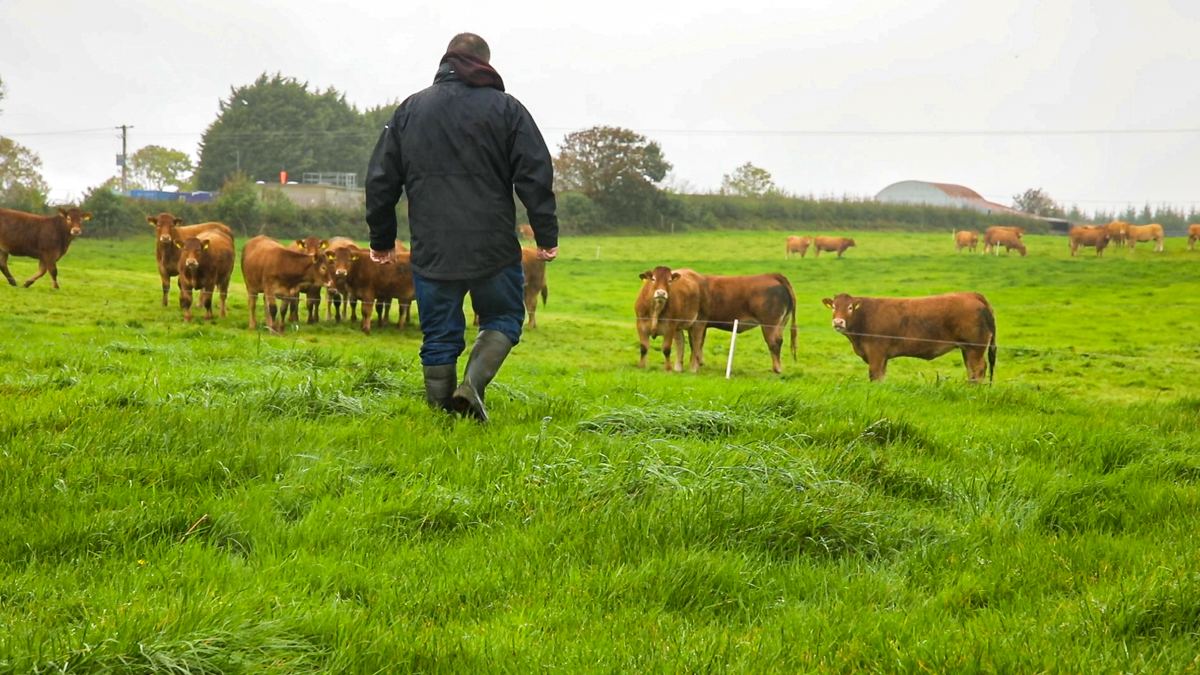While there are “no legal obligations imposed on individual citizens, businesses or farmers” through the new Climate Action Bill, the meeting of agricultural targets is “very much around actions being done on every single one of those farms”.
Today (Tuesday, March 23) the government approved the final text of legislation to set Ireland “on the path to net zero emissions no later than 2050” and to reduce emissions by 51% by the end of this decade.
According to the new bill, the Climate Change Advisory Council will take into account “relevant scientific advice, including with regard to the distinct characteristics of biogenic methane” and “international best practice on the reporting of greenhouse gas emissions and removal”.
A recommendation that didn’t end up making the final bill was that “in the event of a separate target for biogenic methane in carbon budgets”, there would be a “clear target, as is the case in New Zealand”.
Not prescriptive
Officials from the Department of Communications, Climate Action and Environment and the Department of Agriculture, Food and the Marine have expressed strongly that the bill is a legal framework, from which policy can be developed, rather than specifying policy – and that it’s “certainly not prescriptive in terms of what the actual requirements will be of each sector”.
While the targets that will be developed for sectors are legally-binding, the departments have clarified that “there are no legal obligations imposed on individual citizens, businesses or farmers through the bill”.
In terms of sectoral ceilings being met, legal responsibility is assigned to government ministers.
Speaking at a briefing this afternoon, Bill Callanan of the Department of Agriculture, Food and the Marine said it would be “grossly premature” for any exact details or data to be given on how the agriculture sector might meet its targets.
It is also worth noting that the membership of the Climate Advisory Council has been extended up to 13 members, and the new council will have three ex-officio ordinary members: the director of Teagasc; the director general of the Environmental Protection Agency (EPA); and the director of Met Éireann.
